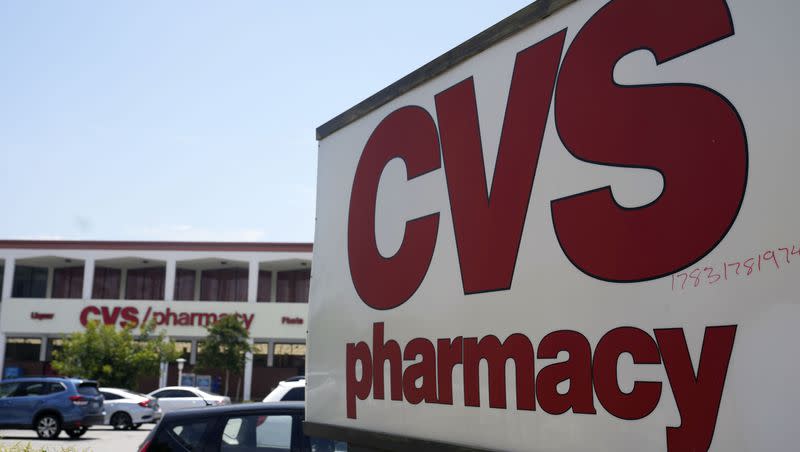CVS pharmacies pulling some cold, cough medicines from shelves

CVS will remove common cold and cough remedies from its shelves if they contain an active ingredient that a U.S. Food and Drug Administration panel says does not work.
“We are voluntarily removing certain oral cough and cold products that contain phenylephrine as the only active ingredient from CVS Pharmacy stores,” a CVS spokesman told news media. “Other oral cough and cold products will continue to be offered to meet consumer needs.”
The Wall Street Journal first reported on CVS’ decision Thursday.
Phenylephrine is a popular ingredient in versions of Allegra, Benadryl, Dayquil, Mucinex, Sudafed, Tylenol and Vicks products, among others, but the panel called it ineffective at providing relief for nasal congestion.
The best way to see if that’s an ingredient in an oral product is to read the label.
As the Deseret News earlier reported, the FDA’s 16-member Nonprescription Drugs Advisory Committee voted last month that oral phenylephrine doesn’t work, though there are no safety concerns at the recommended dose. The recommendation didn’t apply to nasal spray phenylephrine.
But taken orally, the panel said the ingredient is no more effective than a placebo.
Related
In September, the FDA said that “the presence of phenylephrine in these products does not affect how other active ingredients work to treat those symptoms.”
FDA decision pending
The FDA itself has neither accepted nor rejected the panel’s recommendation, but CVS decided to pull the products, according to the New York Post. The article said that “following the panel’s discussion the FDA issued a notice alerting consumers that a range of products work to treat symptoms other than congestion.”
Should the FDA agree that phenylephrine is not effective, the agency said it would work with manufacturers to create satisfactory reformulations of their products. But the decision itself is a process that requires public input.
According to CNBC, “Retail stores in the U.S. sold 242 million bottles of drugs containing phenylephrine last year, up 30% from 2021, according to data compiled by FDA staff. Those bottles generated $1.8 billion in sales last year, the data said.”
The article said if oral phenylephrine isn’t available, “patients will also likely be forced to seek out liquid and spray versions of the drugs or entirely new medications, which were not included in the review by the FDA advisers.”

